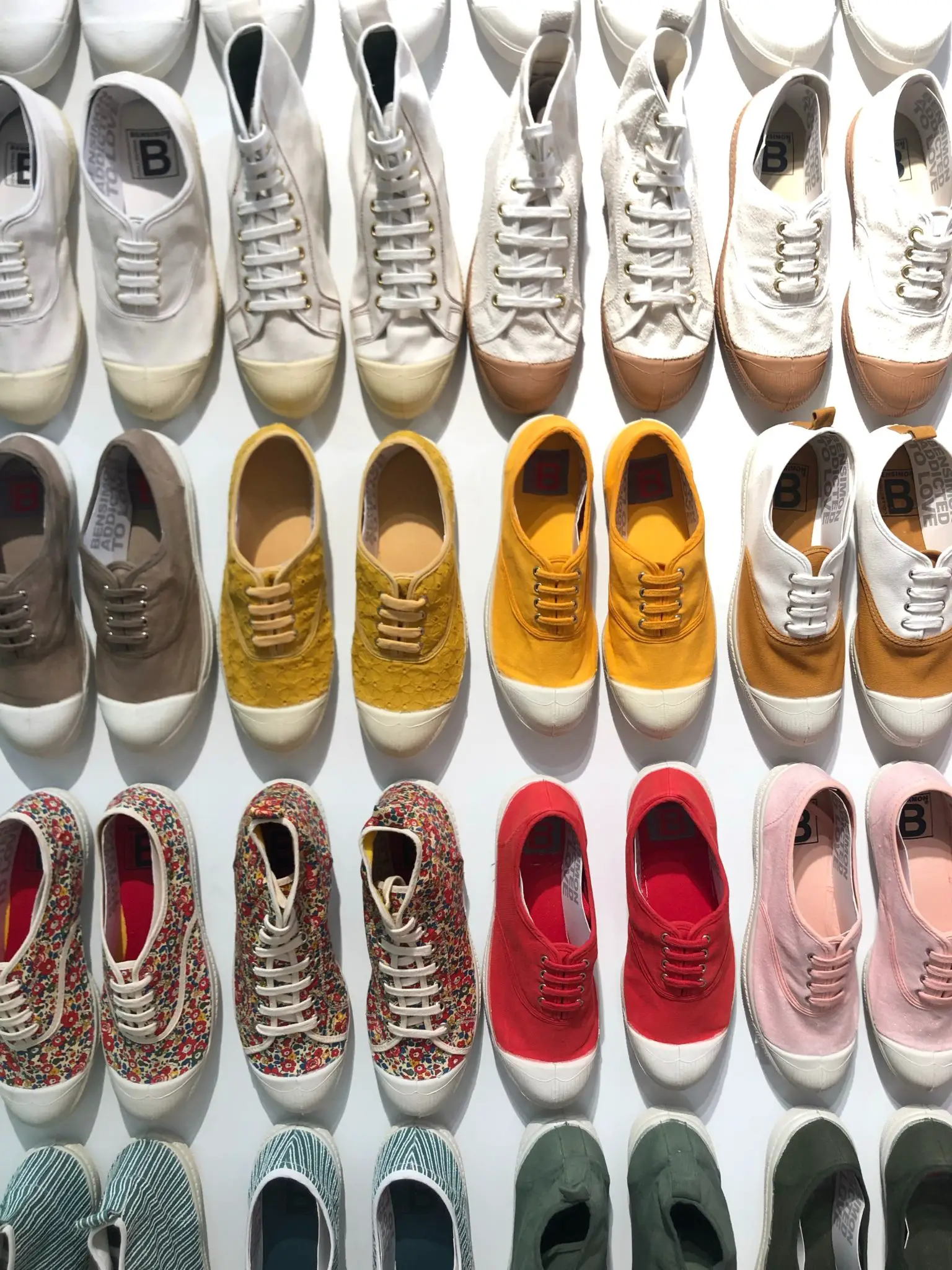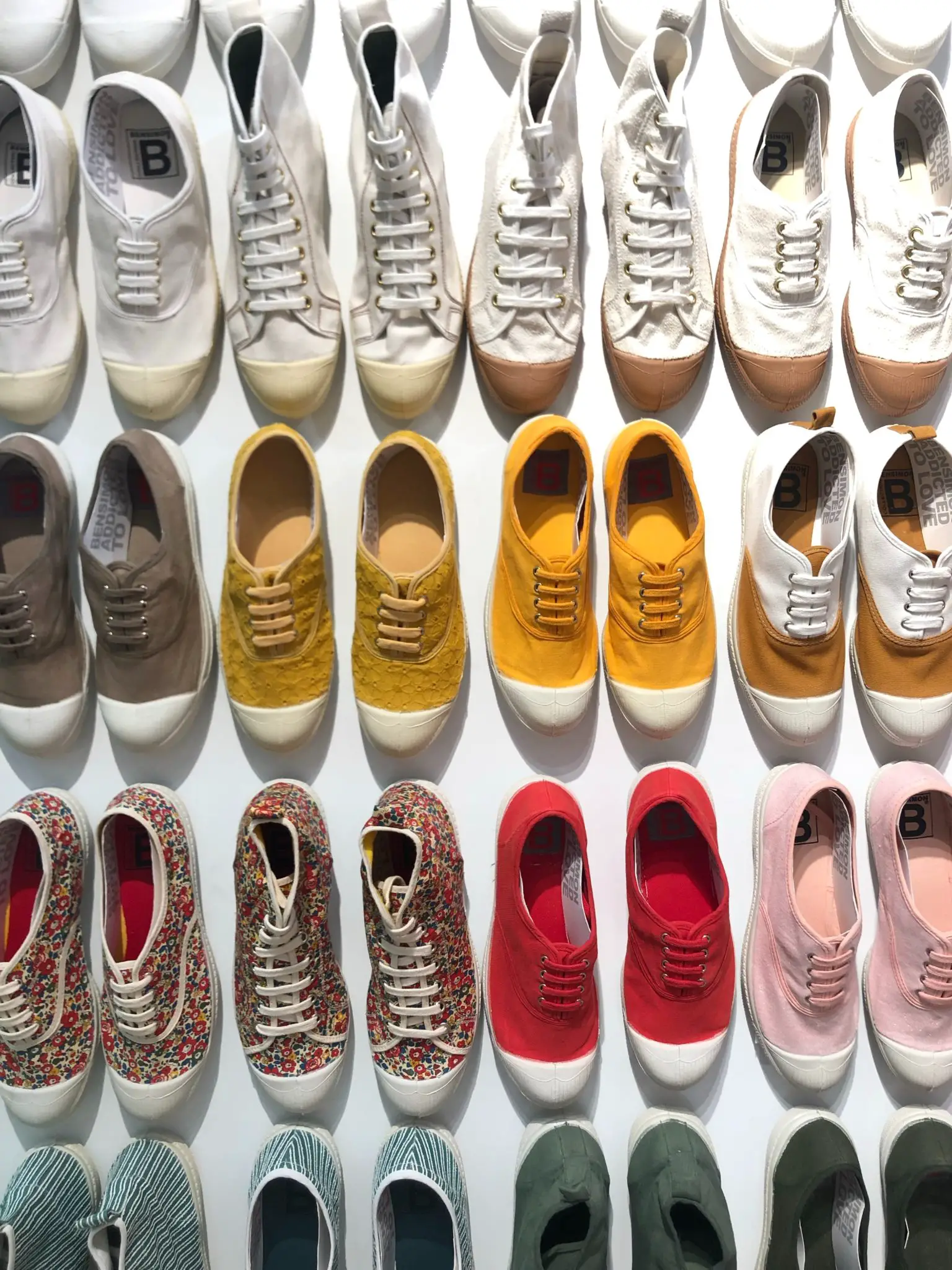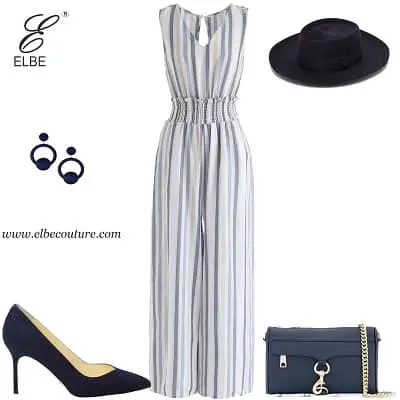Double your Shoes Life with These 5 Simple Tips
Taking care of your shoes will make them last longer. There are so many ways you can care for your shoes, we could write another book just on the topic. Luckily, we’re not! Here are five easy steps to keep your shoes lasting a lifetime.

Shoe trees are the best thing that happened to your shoes since you bought them.
You are probably thinking: “Why should I spend money on shoe trees when I can buy more shoes?” The answer is simple. Shoe trees will extend the life of your shoes, which means you won’t need to buy new ones as often. Think of it like this: If you were to own two pairs of shoes—one pair with a shoe tree and one without—the pair with a shoe tree would last twice as long. It’s simple math, really.
Here are five tips for using shoe trees effectively:
Note: This post may contain affiliate links, which means if you buy from my link I might make a small commission. This does not affect the price you pay. See the full affiliate disclosure here.
- They help keep the shape of your shoes (which then helps maintain the shape of your feet)
- They absorb moisture after walking
- They allow for fresh air to circulate inside your shoes so they don’t smell bad
- Invest in a high-quality shoe tree made from cedar or another type of wood that absorbs moisture well and doesn’t rot easily when wet (such as Sapele)
- Metal and plastic have their place, but they will not protect against bacteria growth as well as wood does
Regular care is the key to longevity.
The key to long-lasting shoes is to keep them clean after every use and make sure that the leather, suede, nubuck, textile, and synthetic materials are regularly treated with a protector.
- For leather shoes: Clean and condition the leather with a cleaner conditioner to clean your shoe while also replenishing the moisture in the leather.
- For suede and nubuck shoes: Clean off any dirt or stains using a cleaning brush or wipe before applying a water repellent spray.
- For textile and synthetic shoes: Clean off any dirt or stains using a cleaning brush or wipe before applying a protective spray. This will help prevent your shoe from getting dirty as well as protect it against water.
Rotate pairs.
This one might seem obvious, but it’s certainly more effective than you might think. All shoes will have some natural wearing out over time, but if you wear the same pair every day, they’ll suffer a fate much faster than if you give them a rest occasionally. Letting your shoes dry out between uses is particularly crucial if you live in a wet climate or go on frequent runs or walks through moist grasses and shrubs.
Stuff ’em! If your favorite shoes are leather, it’s wise to stuff them with paper while they’re not being worn in order to help keep their shape intact—especially if they’ve been soaked in rainwater or sweat. When the saving paper is no longer needed, use newspapers instead of throwing them away!
Use common sense.
You can also extend your shoes’ life by using common sense. Don’t wear the same pair of shoes over and over again for a week straight, as this can cause wear and tear on the bottom of the shoe, or even make you sick.
Also, try not to wear your dress shoes in wet weather. Even if they are waterproof (most dress shoes are not), they will still absorb moisture and take much longer to dry out than sneakers or running shoes. When leather absorbs moisture, it causes cracking and deterioration in the material. If you do get caught in a rainstorm while wearing leather shoes, make sure to let them air dry slowly at room temperature; never use heat on leather shoes that have gotten wet!
When trying on new shoes, make sure they aren’t too tight or too small; while they may feel alright at first, wearing smaller-than-needed footwear will eventually lead to cracks in the leather and uncomfortable rubbing on your feet. Also, make sure that your new pair isn’t too big for you; walking with big clunky steps is hard work!
Resole when needed.
Resoling shoes are not cheap, but they will keep your shoes going for years. A few of my pairs have lasted me a total of 5+ years because I get them resoled when needed. The only thing you need to be careful about is finding a good cobbler. If you can’t find one, then it’s probably better to buy new shoes instead.








